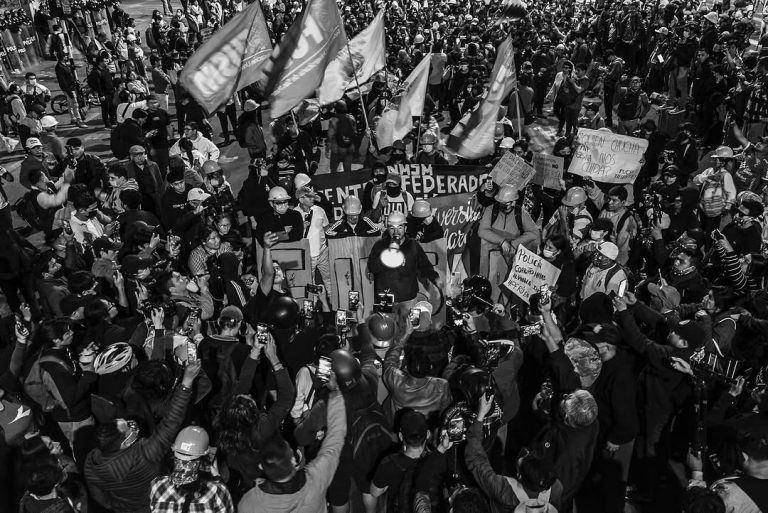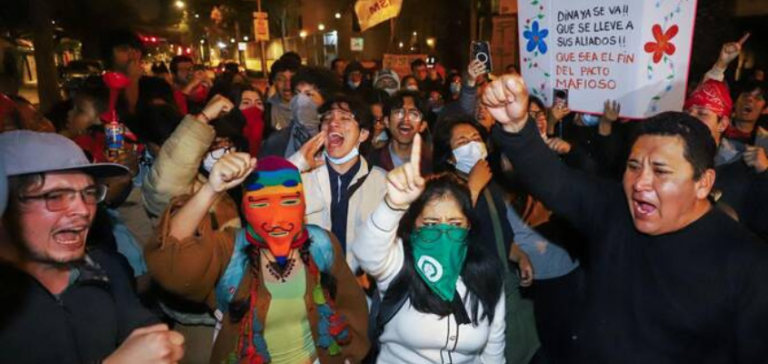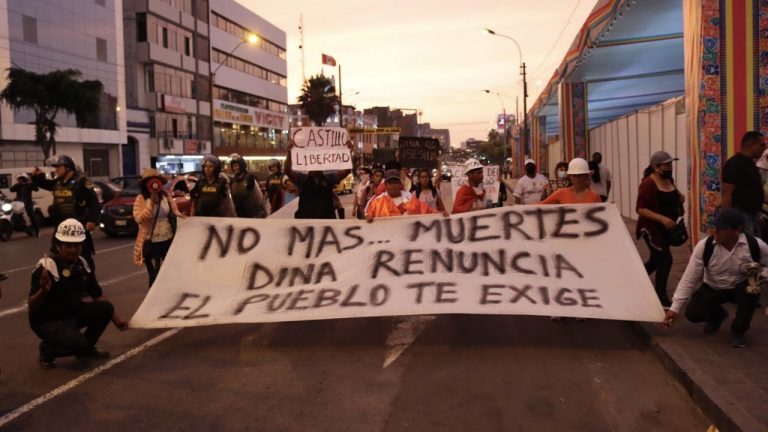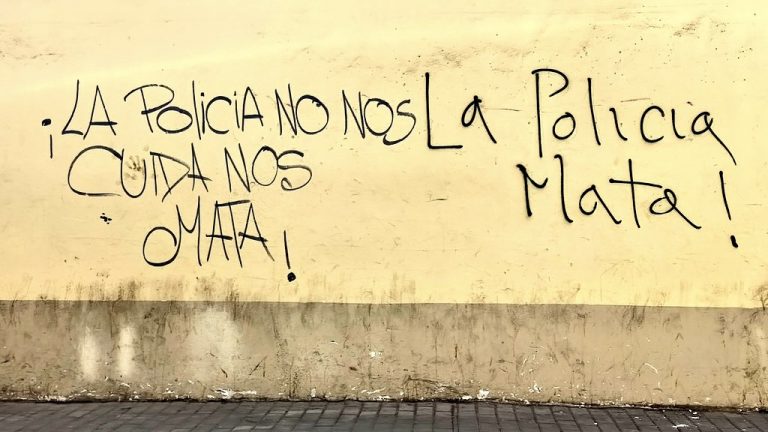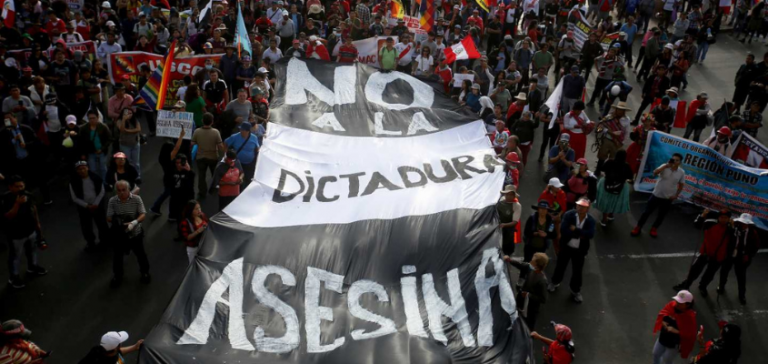Youth-Led Protesters Ousted Peru’s President
Since Sept. 13, thousands of protesters have been marching in Lima, the capital of Peru, demanding new leadership. They say the conservative administration, which has overseen the murders and extortion of protesters and journalists, is corrupt and does not represent them.
Protests have been ongoing in Peru since 2022, when the conservative government of President Dina Boluarte took power after Congress impeached and removed former President Pedro Castillo, a progressive leftist leader who had a background in organizing. More than 50 protesters were killed under the Boluarte regime.

